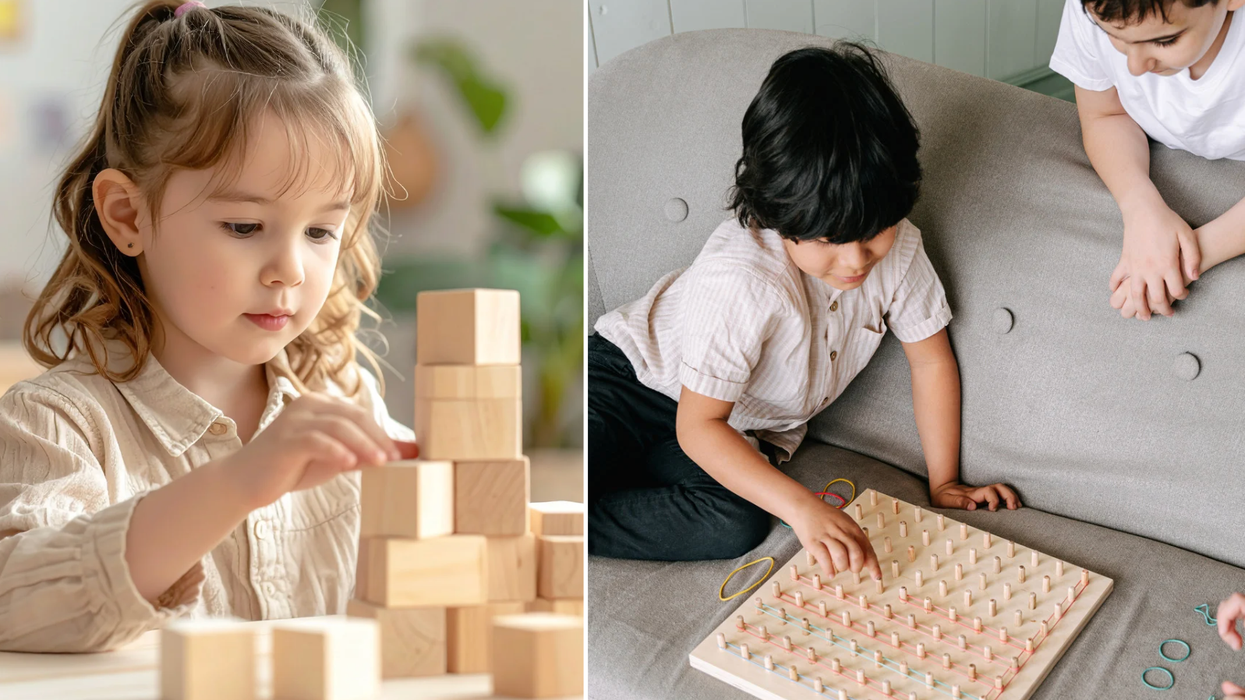Norwegian psychologist Dan Olewus, the “founding father” on bullying research, discovered that bullying wasn’t just a one-on-one interaction, but a cycle involving multiple parties. Bullying perpetuates itself due to the actions of those who support the bully, disengaged onlookers, and passive supporters. A new program out of Finland has been very effective at reducing bullying in schools by teaching bystanders how to stand up for victims.
The researched-based program is called KiVa, short for kiusaamista vastaan, which means “against bullying.” It asks children to respond to an important question: “If you saw bullying what would you do?” KiVa shows children how to appropriately react to bullying through video games and simulations. “Our findings are the first to show that the most tormented children — those facing bullying several times a week — can be helped by teaching bystanders to be more supportive,” UCLA professor Jaana Juvonen, said in a press release.
The games help children to develop the instincts to defend people they see being bullied. “For instance, they might witness a bullying incident and they have to decide what to do; whether to defend the victim or do something else,” Johanna Alanen, KiVa’s International Project Manager, told Upworthy. “There are different options on how to defend the victim,” Alanen said. “Their choices have consequences and lead to new situations.”
KiVa’s effectiveness was shown in a large, randomized controlled trials. Researchers say the program dropped the odds of a student being bullied by up to 50 percent. Other findings show that Kiva not only helps children who are currently being bullied but it may restore self-esteem in children that had been bullied previously. After Kiva’s success in Finland, it’s currently being tested in Italy, the U.K. and the U.S.

















 Otis knew before they did.
Otis knew before they did.